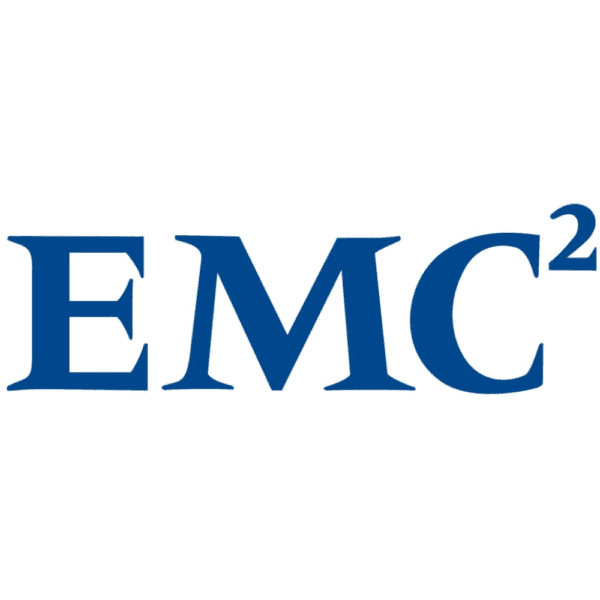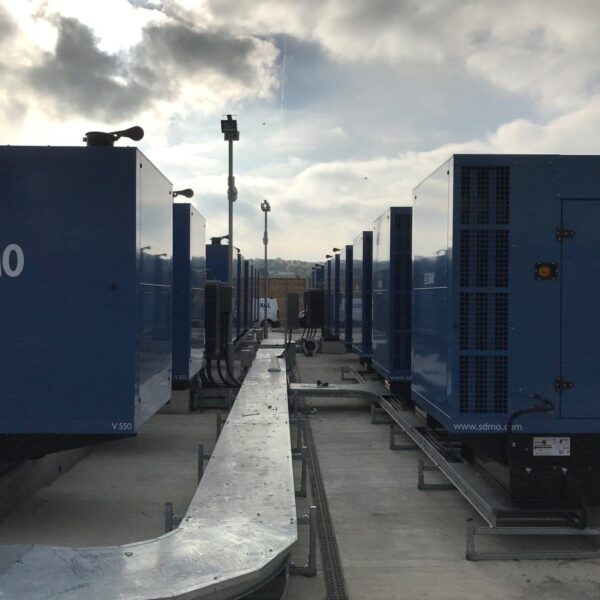Power problems can occur anywhere, anytime, in any electrical system, regardless of the design standards employed. Accordingly, it may be tempting to build in the highest possible resilience across an entire healthcare estate to avoid any risk to patient safety or business continuity arising from a power loss. However, real-world budgetary or space constraints typically make this approach unrealistic.
A better strategy is to assess a healthcare estate – or section of it – in terms of the level of harm to patients or business that could be incurred by a power loss. Healthcare electrical infrastructure designers and users can refer to the Government’s Health Technical Memorandum HTM 06-01 for guidance on making this assessment.
HTM 06-01 is a component of the Government’s Health Technical Memoranda, which provide comprehensive advice and guidance on the specialised building and engineering technology used in healthcare delivery. HTM 06-01 advises on providing safer, more resilient electrical systems within healthcare premises. It includes guidance on meeting European and British Standards relating to electrical safety such as BS 7671, the Building Regulations and the Electricity at Work Regulations and the Health and Safety at Work Act.
HTM 06-01 encompasses the primary electrical supply (PES) from the energy supply provider and any secondary supply supplementing the PES, such as backup generators, CHP schemes, batteries or renewable energy sources. It also includes tertiary supplies, such as UPS systems and inverters.
The Memorandum considers two aspects of risk arising from a power outage:
Clinical risk (subdivided into patient and non-patient areas). Clinical risk grading is from E (Lowest) to A (highest)
Non-clinical business continuity risks (subdivided into medical services and engineering services). Gradings are from lV (Lowest) to l (Highest).
Small healthcare premises such as GP practices and health clinics/centres may have areas that fall into the lower grades of risk. Conversely, large acute healthcare premises and above may well have departments in all grades. There is no rule that definitively places healthcare premises in any one grade or defines one grade for a particular healthcare site.
Risk grade E relates to support services and circulation, including for example waiting areas, offices, non-manufacturing pharmacies or finance departments. Consequently, loss of the electrical supply does not have an immediate effect on the clinical treatment or safety of patients (notwithstanding the emergency power supply requirements of escape lighting, fire alarm systems, etc. that may be provided from a local UPS system).
Risk grade A – the highest – covers areas like operating theatre suites, critical care areas, cardiac wards, catheterising rooms, accident & emergency resuscitation units, MRI and others. Where the disconnection of the power supply represents a threat to life a tertiary power supply such as a UPS system must be available within 0.5s, or as a no-break supply if critical ME equipment to be used will not continue to function without a reset after a 0.5s break.
Business risk grade lV areas typically include finance, stores, laundries and workshop areas. In general, an interruption of the electrical supply may not immediately compromise the treatment or welfare of patients. Risk grade l areas include sterile services departments, laboratories’ medical records, and physiotherapy. An electrical supply interruption may represent a disruption to the treatment or welfare of patients.
In either case – and for intermediate grades – an uninterruptible power supply should be provided, to allow certain systems such as computer applications to be shut down safely.
This brief post is only an introduction to this complex emergency power supply subject, which is covered in full by the 173-page HTM 06-03 document. While referring to this document, designers and users are also recommended to consult with experienced and knowledgeable UPS suppliers such as KOHLER Uninterruptible Power, to be sure of achieving a design optimally balanced between their risk levels and budget.
If you have any questions about our uninterruptible power supply products or UPS services please get in touch with KOHLER Uninterruptible Power via our contact page or call us on +353 (0)14606859.




